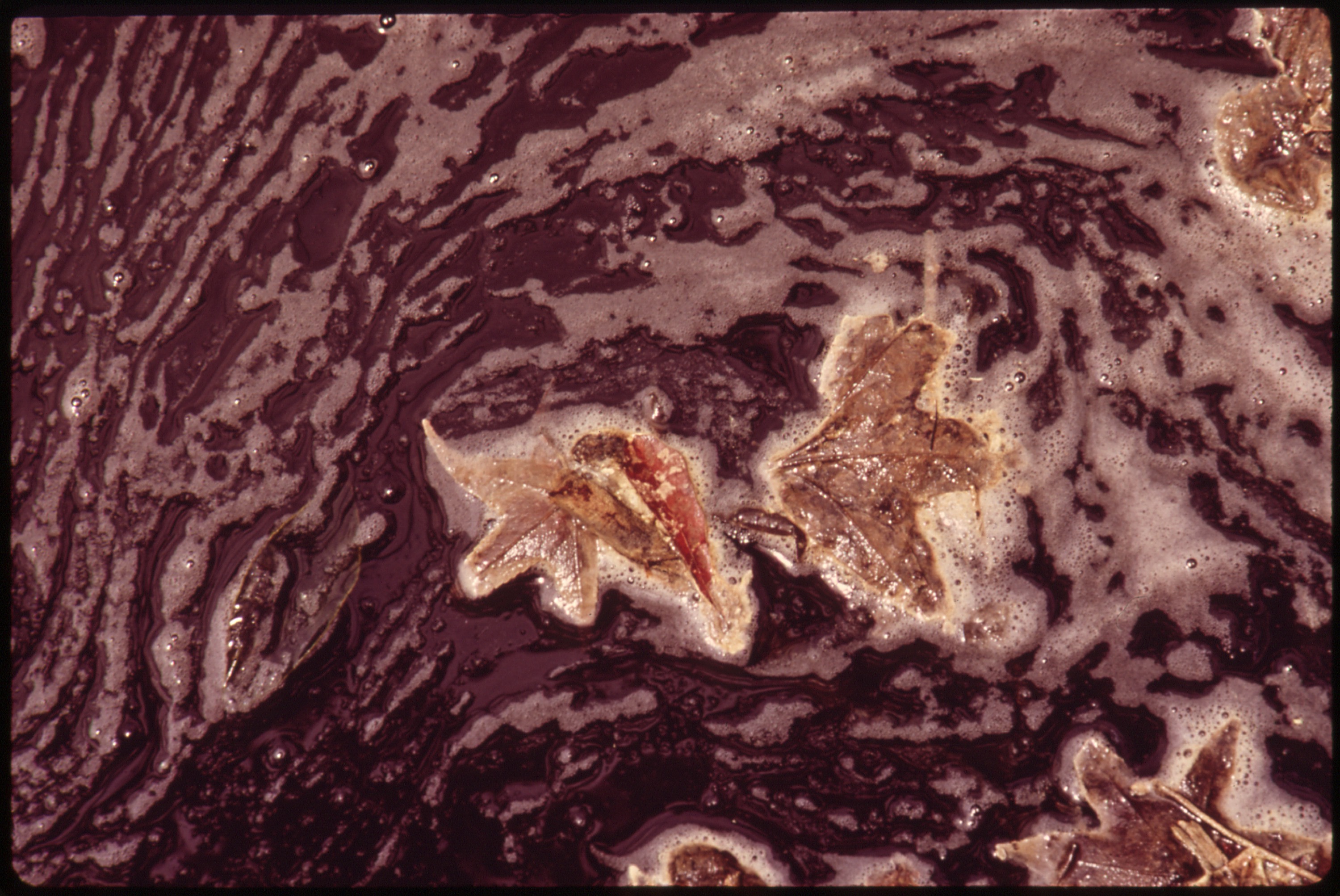H&M, Zara and Marks & Spencer Linked to Polluting Viscose Factories in Asia
Author: Tansy Hoskins | Published June 13, 2017
Major fashion brands have been linked to viscose produced in polluting factories, according to a new report by the Changing Markets Foundation.
Viscose, touted as a sustainable alternative to cotton or polyester, is often used as a cheaper and more durable alternative to silk, commonly in skirts and dresses. Experts say it is just as likely to be found in a £10 t-shirt as a £2,000 suit.
Investigators for the Changing Markets Foundation visited 10 manufacturing sites in China, India, and Indonesia, and found severe environmental damage including water pollution from untreated contaminated waste, and air pollution. Brands alleged by the report to source from these factories include H&M, Inditex (the owner of Zara), Marks & Spencer and Tesco.
Most of the brands contacted by the Guardian have acknowledged that the impacts of viscose production are an industry-wide problem and say they are exploring ways to produce more responsibly.
Also known as rayon, viscose is made from cellulose or wood pulp, often from soft woods like beech, pine and eucalyptus. “Although viscose is made from generally quick growing, regenerative trees,” says Renee Cuoco, manager of theCentre for Sustainable Fashion at the London College of Fashion, “the sustainability of the wood sources varies greatly.”
Viscose production is also chemical-heavy. Central to the process is carbon disulphide, a highly volatile and flammable liquid. The report cites evidence that carbon disulphide exposure is harming both factory workers and people living near viscose plants. The toxin has been linked to coronary heart disease, birth defects, skin conditions and cancer. Historically its use was found to cause severe mental health problems in rubber factory workers exposed to high levels of the toxin.
Other toxic chemicals used in the production of viscose include sodium hydroxide (caustic soda), and sulphuric acid.
The Changing Markets Foundation visited six manufacturing plants in China and said investigators found evidence of water and air pollution and severe health impacts on local communities. The report cites evidence in Jiangxi, a province in the southeast of China, that viscose production has contributed to the pollution of China’s largest freshwater lake, Poyang, killing aquatic life.

